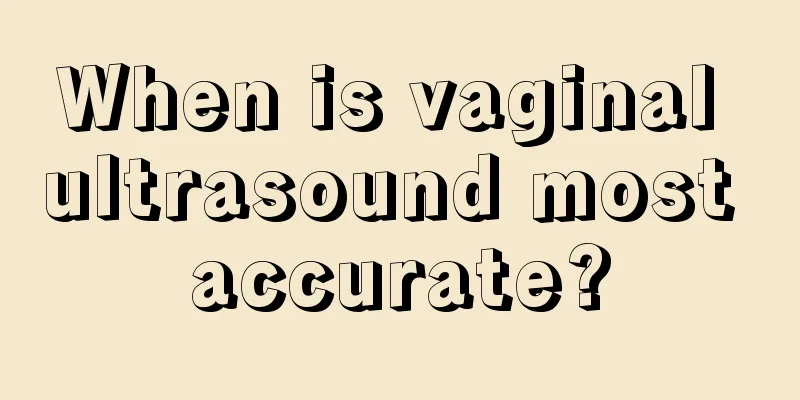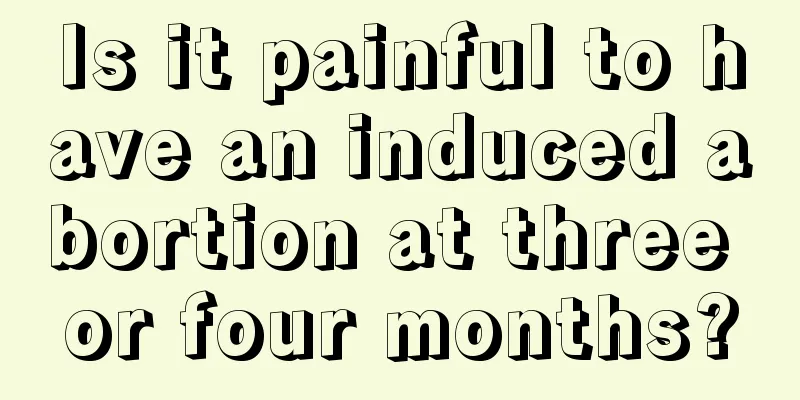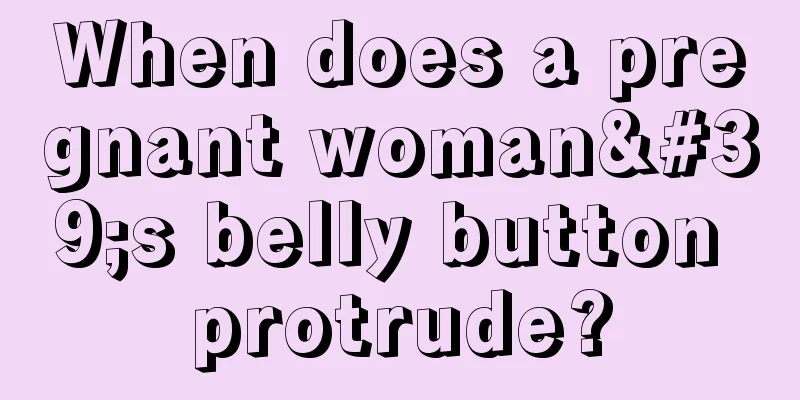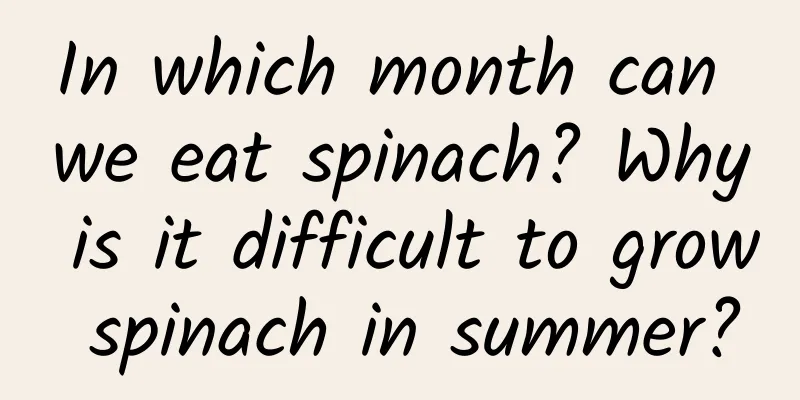What is the best age to get the cervical cancer vaccine?
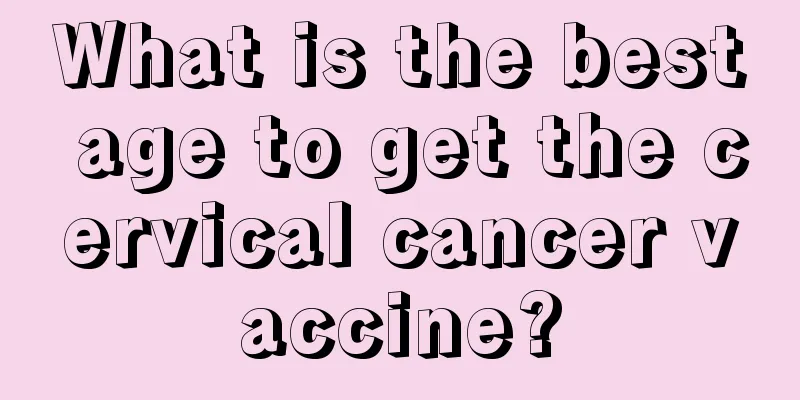
|
With the continuous development of medical technology, cervical cancer is now preventable and treatable. In recent years, scientists have developed a cervical cancer vaccine that can benefit the majority of women and greatly reduce the incidence of cervical cancer. Cervical cancer is relatively common. It is often caused by fibroids, cysts, and severe cervical erosion that have not been completely cured. The cervical cancer vaccine can effectively prevent the disease from becoming cancerous. Let’s take a look at the best age to get the cervical cancer vaccine. The best age for cervical cancer vaccination On July 18, 2016, GlaxoSmithKline (GSK) announced that the human papillomavirus (HPV) vaccine [type 16 and type 18] (trade name: Cervarix) obtained marketing authorization from the China Food and Drug Administration, becoming China's first approved HPV vaccine for the prevention of cervical cancer. Currently, more than 100 countries and regions around the world are promoting HPV vaccination to prevent cervical cancer. These vaccines are mainly aimed at women aged 9 to 25 years old. However, experts recommend vaccination for girls aged 9 to 14 years old. Experts said that this is mainly based on two considerations: first, HPV infection is mainly transmitted through sexual intercourse. From the perspective of vaccine prevention effect and health economics, the best vaccination population is young girls who have not yet had sexual intercourse; second, after vaccination with HPV vaccine, the effectiveness of protective antibodies produced by girls under 14 years old is twice as high as that of girls over 14 years old. Of course, with the increasing incidence of cervical cancer in recent years, many countries and regions have relaxed the vaccination time for cervical cancer vaccines. In 2010, the Hong Kong Department of Health relaxed the applicable age limit for the quadrivalent cervical cancer vaccine from 9-25 years old to 9-45 years old; the Australian FDA has also relaxed the applicable age limit for the vaccine to 45 years old; the manufacturer of the quadrivalent vaccine in the United States is currently applying to the U.S. Food and Drug Administration (FDA) to relax the vaccination age to 45 years old. The results of multiple clinical trials have shown that HPV vaccines can significantly reduce the incidence of cervical precancerous lesions and cervical cancer caused by HPV-16 and HPV-18. Although 70% of cervical cancers are caused by HPV-16 or HPV-18, about one-third of cervical cancer patients cannot be protected by HPV vaccination. Although the cervical cancer vaccine is not perfect, its practical application value is unquestionable. A large number of studies have shown that the HPV infection rate can be greatly reduced in uninfected women after vaccination, and the body's immune function against the virus will also be enhanced in HPV-infected people after vaccination. |
<<: What are the precautions after cervical biopsy?
>>: How to regulate thin endometrium after miscarriage
Recommend
What should girls use to soak their feet if they have athlete's foot?
Generally speaking, tinea pedis is difficult to e...
Can I have a baby if I have little menstrual flow?
There are many reasons for scanty menstruation, w...
Where is the pain in the waist? Is it a gynecological disease?
Every time female friends have lower back pain, t...
What are the advantages and disadvantages of moxibustion during menstruation?
Moxibustion is a very traditional Chinese medical...
What does the cervix look like?
A woman's uterus is very important to the bod...
What foods can women eat to prevent pregnancy
Many newly married women want to wait a few years...
Parents must-have | Is your child color blind? Take the test
Our eyes allow us to enjoy the infinite charm of ...
What patients with gynecological inflammatory diseases should pay attention to in their diet
What patients with gynecological inflammatory dis...
Increased vaginal discharge, stomach pain, back pain
What is the reason for lower abdominal pain, back...
Can you eat a white radish that is black in the middle and white around it? Why is the white radish black in the middle?
We all know that white radish is a common food. I...
I smelled paint for a week while I was preparing for pregnancy.
When young people nowadays want to have a baby, t...
What methods can be used to stimulate milk production after childbirth?
After a woman gives birth to a baby, the prolacti...
What should women do if their heels itch?
The human foot is one of the parts of the body th...
How long after hysterosalpingography can I have a baby?
Many women go to the hospital for angiography bec...
How to do breast augmentation at Tianzong acupoint
In cosmetic medical institutions, there are vario...

